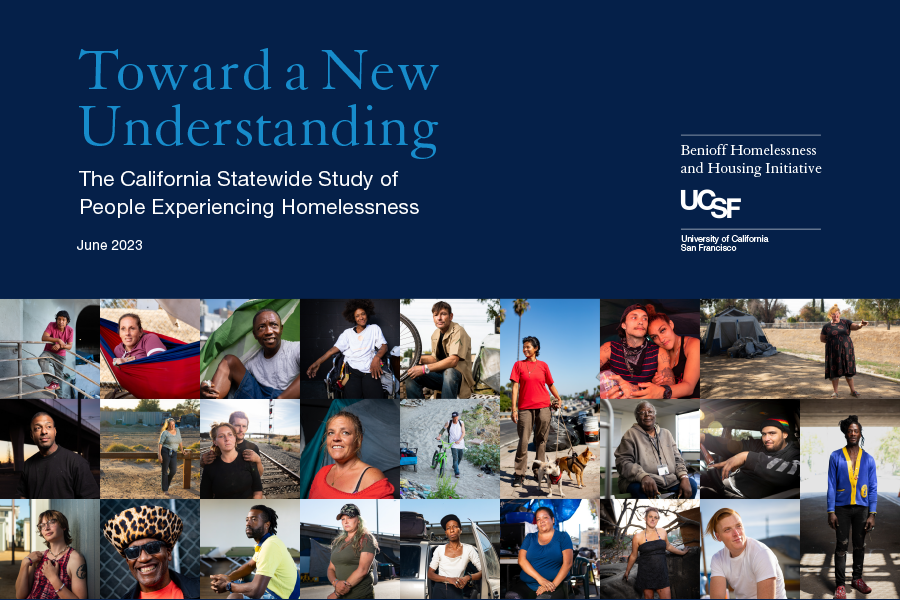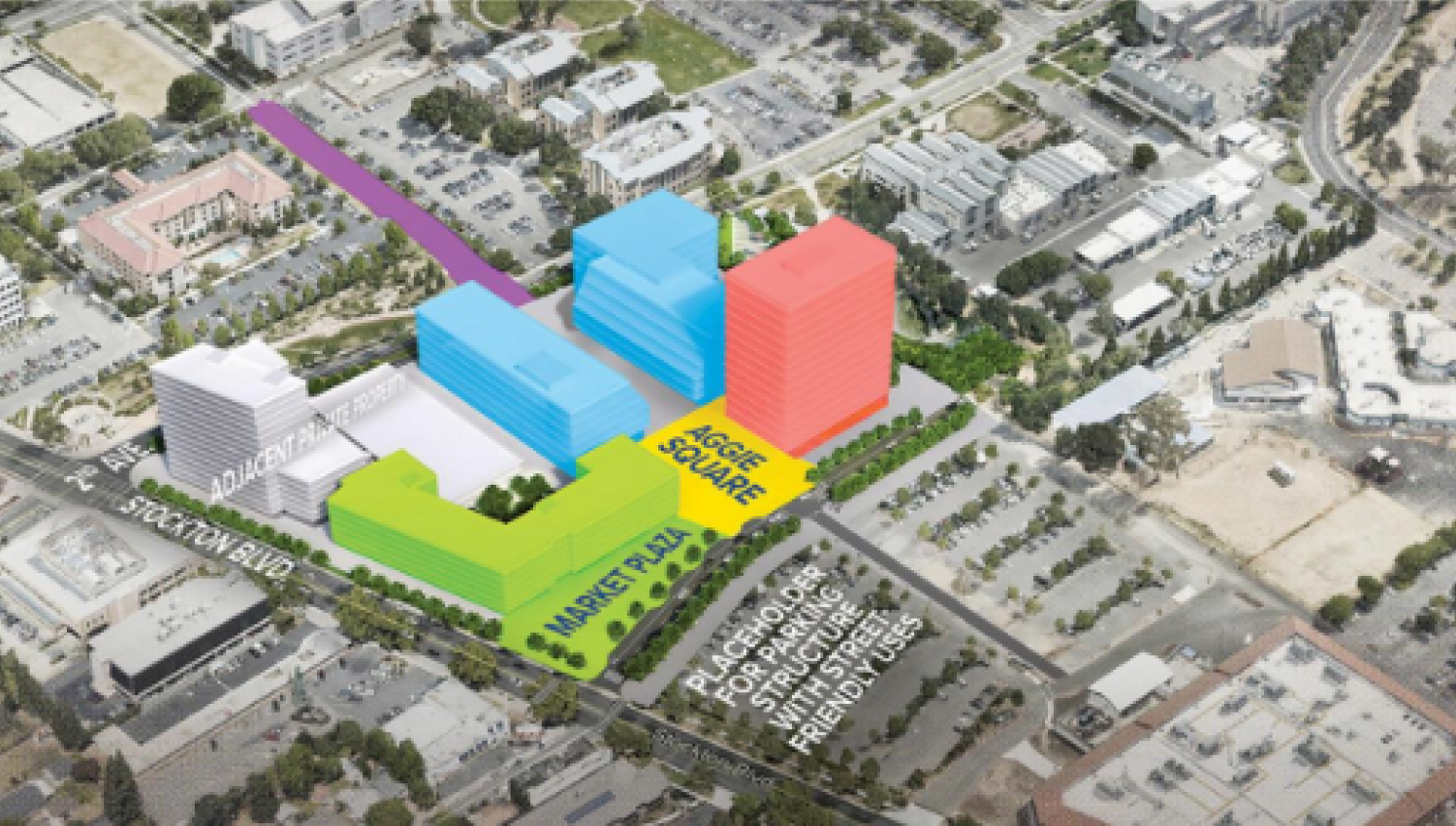To address homelessness, the budget released on Thursday includes:
- $500 million in one-time General Fund resources to support local government efforts to site and build emergency shelters, navigations centers or supportive housing.
- Use of land located within the state’s highway right-of-way for emergency shelters.
- $25 million in General Fund revenues to assist persons experiencing homelessness and people with disabilities to apply for benefits and housing supports.
- $100 million one-time General Fund support for Whole Person Care Pilot programs that provide housing services.
To increase the supply of affordable homes by removing barriers and increasing long-term housing production, the budget proposes:
- Increase the state low income housing tax credit program by $500 million and up to $500 million annually thereafter.
- $750 million in one-time General Fund revenues to partners to incentivize local governments to jump-start housing production. $250 million is allocated to support technical assistance and staffing to develop plans to reach higher housing goals including by rezoning for higher densities, completing environmental clearance, and streamlining the local permit process. $500 million will be used to reward jurisdictions who meet their housing goals.
- Strengthen the Regional Housing Needs Assessment process and role of the State Department of Housing and Community Development (HCD) in overseeing and enforcing regional housing goals and production.
- Linking achievement of housing production goals to access to certain transportation funds and other state resources.
- $500 million in one-time General Fund resources for the development of housing for moderate-income households through the California Housing Finance Agency.
- Establish an Innovation Challenge using excess state property. Affordable housing developers, selected through a competitive process, will receive low-cost, long-term ground leases for excess state property to build affordable and mixed-income home demonstration projects.
- To promote economic development and the production of affordable and moderate income housing, encourage the formation of additional Enhanced Infrastructure Financing Districts (EIFDs) by removing the 55 percent voter approval requirement. Additionally, the administration will explore strengthening the effectiveness of the federal Opportunity Zones to promote investments in green technology and affordable housing along with other strategies.





